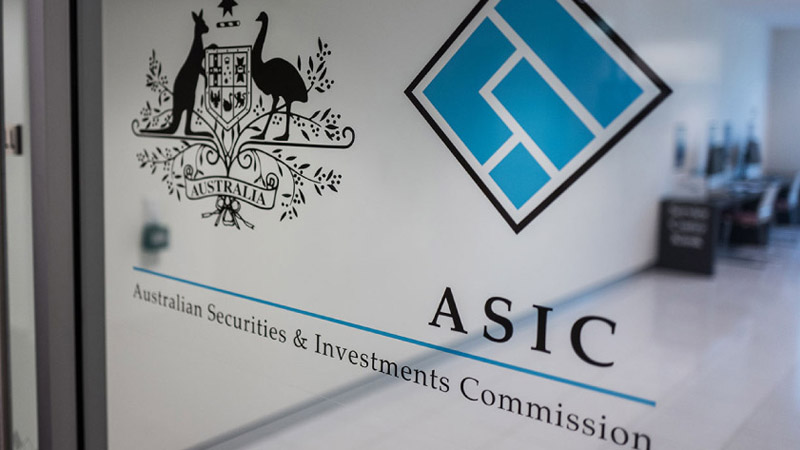ASIC concedes Hayne error on personal advice
The corporate regulator has told a government committee that intra-fund advice is regarded as personal advice, contrary to the views of commissioner Kenneth Hayne during the royal commission.
At a parliamentary joint committee on corporations and financial services hearing earlier this week, senator Andrew Bragg noted commissioner Hayne’s view of intra-fund advice as being:
“…the provision of advice that is not personal advice, to members of a particular fund about their interest in the fund, where the cost of the advice is charged collectively to members of the fund in accordance with the SIS Act.”
Senator Bragg asked ASIC commissioner Danielle Press whether the corporate regulator shared commissioner Hayne’s view.
“Intra-fund advice is personal advice, but it is actually undefined. There is a section of the SIS Act that allows funds to cross-subsidise certain parts of advice,” Ms Press told Senator Bragg.
“That’s not what Hayne said,” Senator Bragg responded.
“By law it's personal advice. It takes into consideration your personal circumstances, but it is allowed to be cross-subsidised by the SIS Act under 99F,” Ms Press replied.
Senator Bragg noted to Ms Press that the proposal within the Hayne commission to effectively stop the deduction of advice fees from superannuation accounts is partly based on the rationale that intra-fund advice is not personal advice.
He then asked Ms Press whether she had any other views on commissioner Hayne’s rationale.
“No, I don't think so. I think at the end of the day it was a recommendation of commissioner Hayne and it's a matter government,” Ms Press said.
ASIC’s comments come as a Roxburgh Securities director Steve Blizard wrote a letter to Prime Minister Scott Morrison dated 30 October urging for a “major overhaul” of legislation around intra-fund advice.
“It is almost like there is a cone of silence that exists around intra-fund advice. Since Labor introduced these various laws in 2013, the industry super funds have continued to grow, while their competitors have been attacked through strident media campaigns, or through the assistance of pro-industry fund journalists and book authors,” Mr Blizard wrote.








